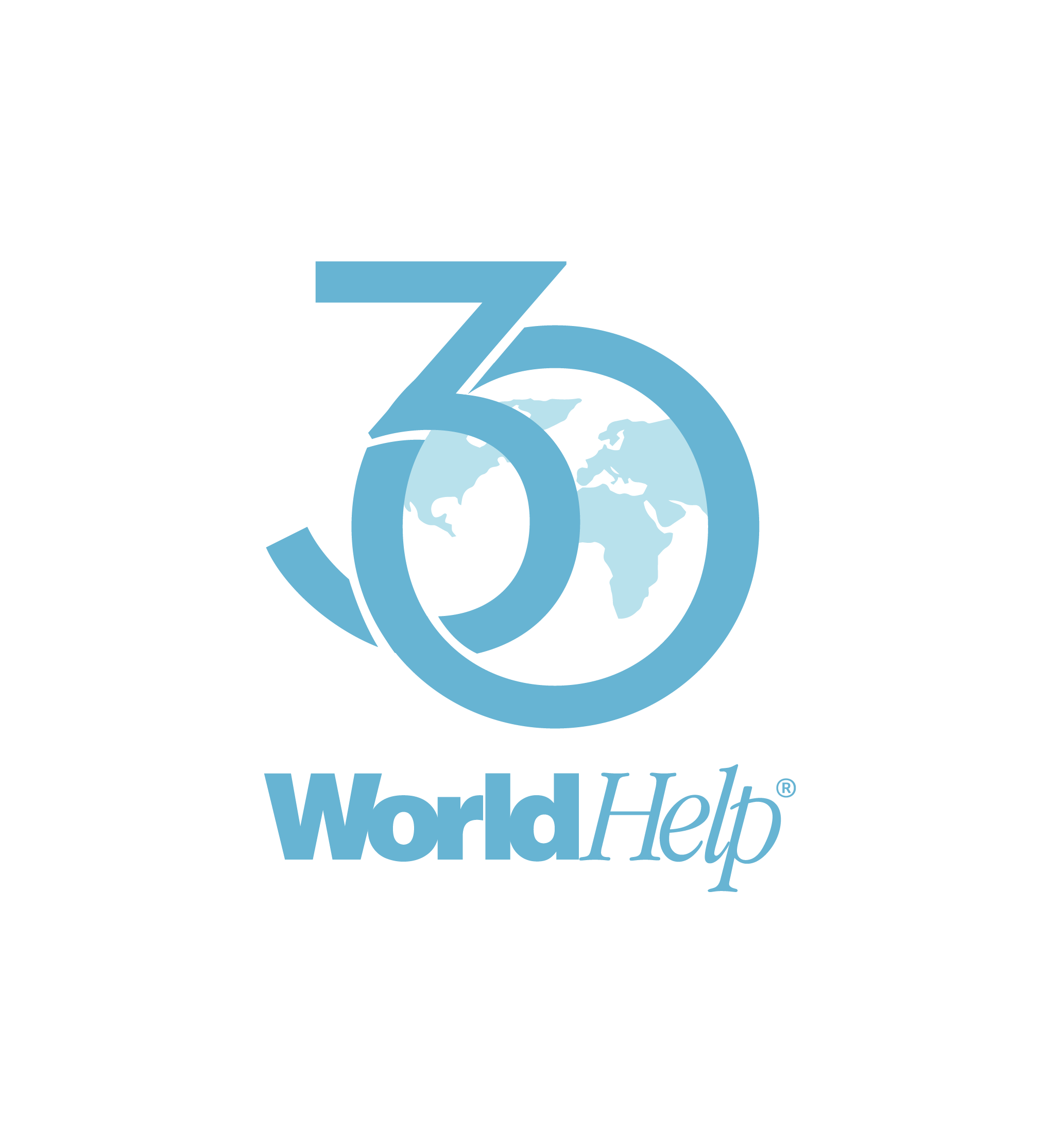“Never again.”
These were the words many declared after the atrocities of the Holocaust were revealed in the 1940s.
Since then, the implication of these two words has broadened to become a pledge to “never again” allow genocide to claim millions of innocent lives. It is a promise to never, ever forget what happened.
But on April 7, 1994 — almost 30 years ago — in the small African country of Rwanda, “never again” was forgotten as history began to repeat itself.
The consequences would be catastrophic.
Growing Tensions
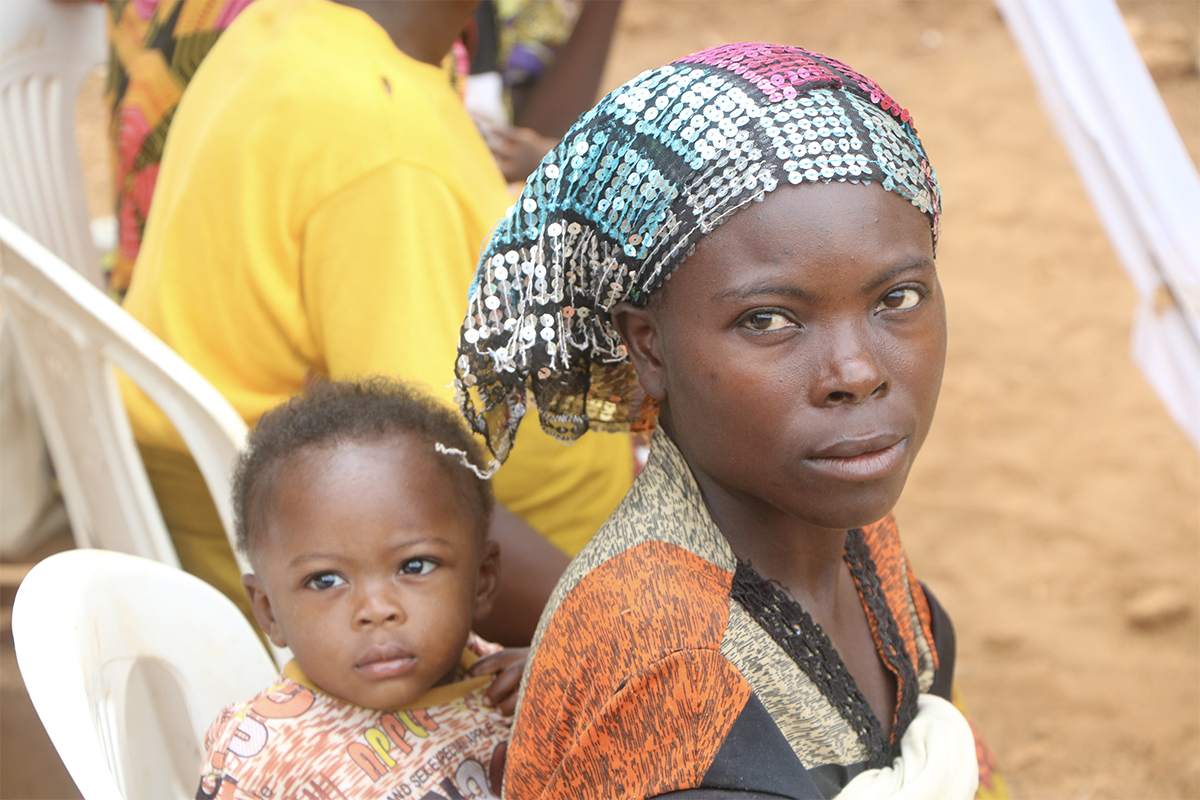
Ongoing tensions between the Hutu and Tutsi ethnic groups made life unpredictable in Rwanda
Rwanda is a small country geographically, but it has one of the densest populations in Africa. The nation’s population is primarily composed of three ethnic groups — the majority Hutu, the minority Tutsi, and a small group called the Twa.
For much of its modern history, Rwanda was under Belgian colonial rule. During this time, the Tutsi held most positions of power, while the Hutu were relegated to lower ranks in society and often mistreated.
Even after Rwanda gained its independence, the tensions between the Hutu and the Tutsi continued to grow as the two groups wrestled for control of the country.
This power struggle came to a head in April 1994, when a plane carrying the Hutu president of Rwanda and the president of Burundi was shot down. Almost everyone on board died.
Nobody knew who shot down the plane. But the day after, on April 7, Hutu militants began calling for the mass extermination of Tutsis.
One Hundred Days of Horror
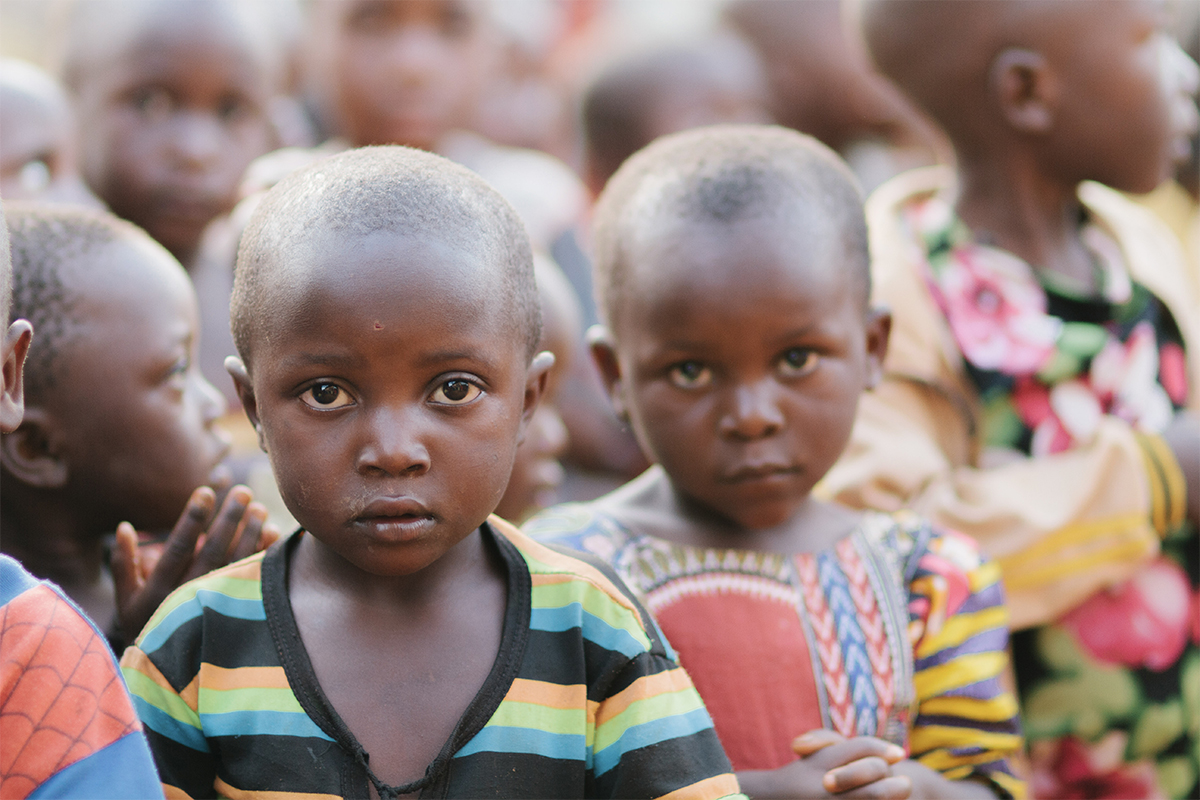
20 percent of Rwanda’s population perished during the genocide
The goal soon became clear: no one was to be spared. People turned on their neighbors and friends, and even their spouses … all because they were Tutsi.
As the killings spread from the capital of Rwanda to the rest of the country, Tutsi men, women, and children attempted to escape or go into hiding. Most of them, tragically, were unsuccessful.
Houses were burned, and the Tutsi inhabitants were murdered. Hutu extremists attacked and raided churches, schools, and anywhere else they thought people were hiding.
Some survived only because they hid in tight spaces for months or pretended to be dead. Still, by the time the genocide ended almost a hundred days later, over 75 percent of the Tutsi population had perished — at least 800,000 people.
The Aftermath
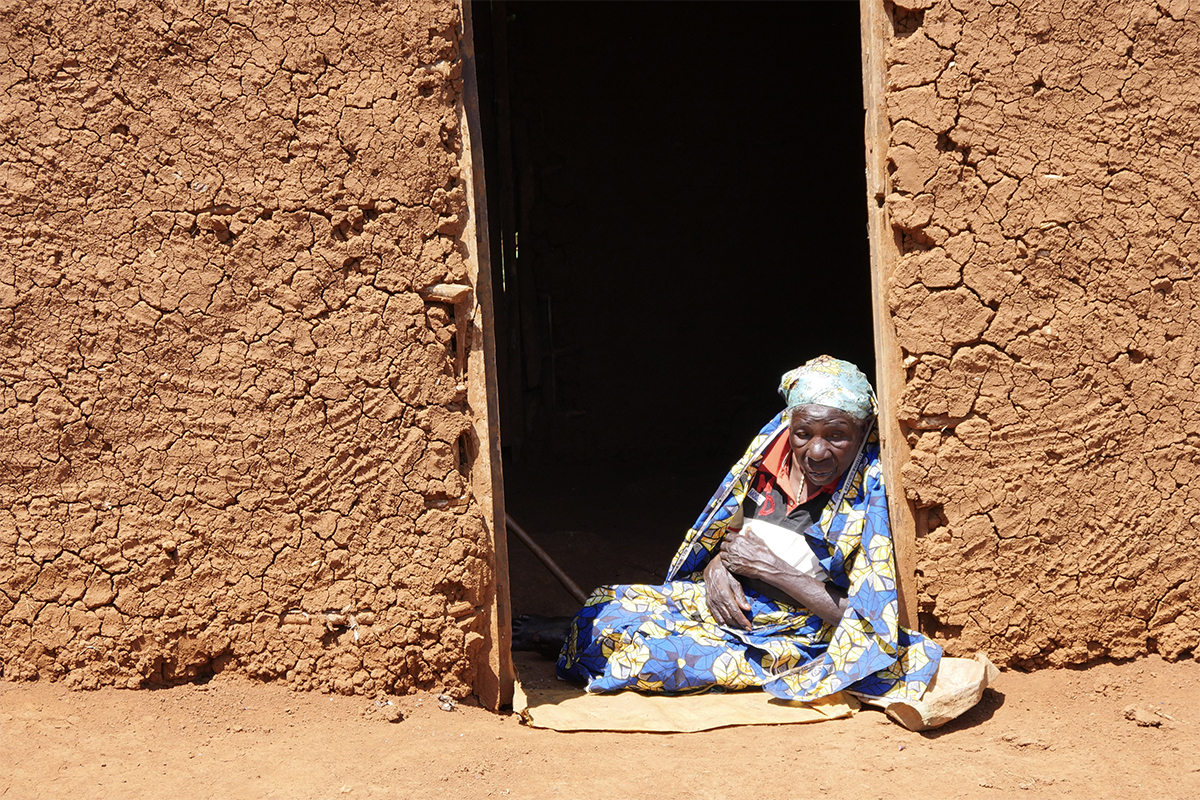
By the time the genocide ended, millions of Rwandans had suffered catastrophic loss and severe trauma
The Rwandan Patriotic Front (RPF), a Tutsi militant group, finally gained control of Rwanda in July and put an end to the genocide. The aftermath was something out of a horror movie as thousands still lay dead right where they were killed.
Sadly, the international community did little to intervene. Widespread misinformation called the genocide a “civil war,” and the media failed to report on it in a way that would have enabled citizens to pressure their leaders to intervene.
Later reports also revealed that France, Rwanda’s closest European ally, turned a blind eye to preparations for the genocide and did nothing to stop it once it began.
Entire families perished. Parents lost their children, and countless children were left without mothers and fathers. The genocide had touched nearly every person in Rwanda, claiming the lives of their loved ones, friends, and neighbors.
In the years following, as peace talks went on and Rwanda struggled to move on from the genocide, countless people grappled with severe trauma and loss. As a result of the devastation, over one million people were also displaced and plunged into poverty.
What You Can Do Today
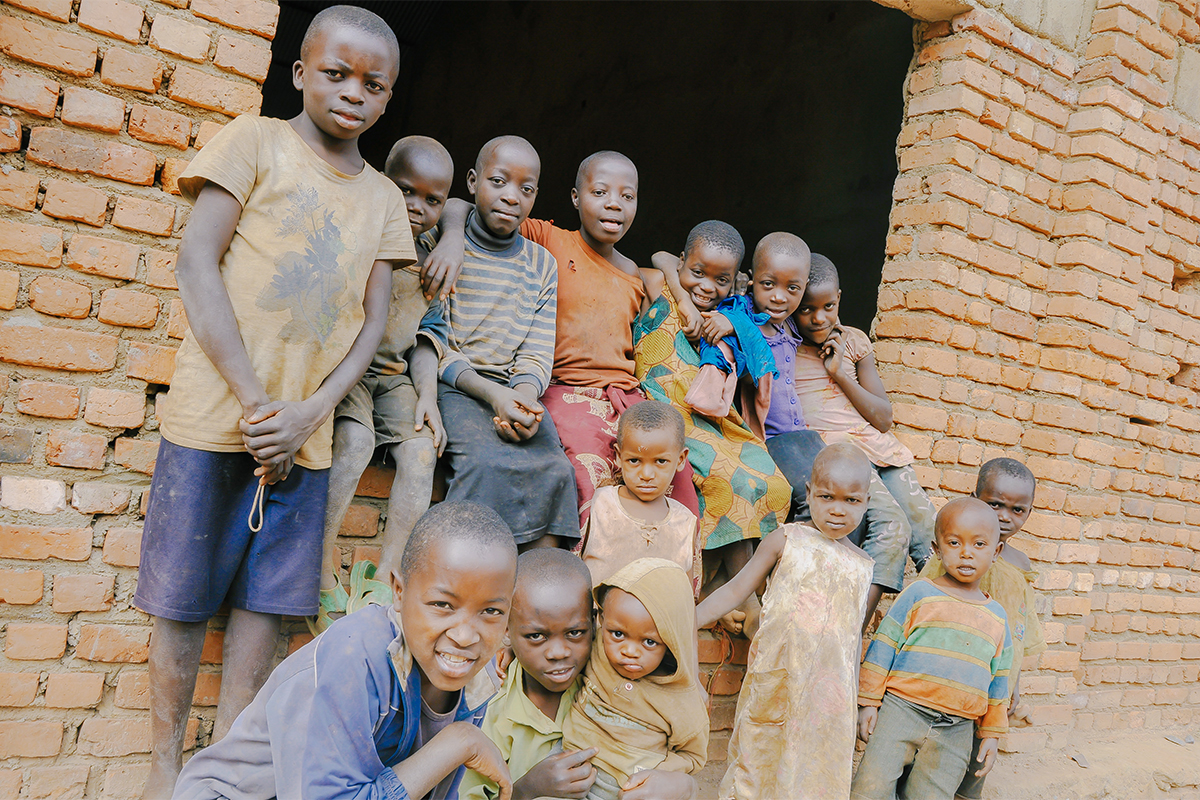
Your $24 gift will provide help and hope for Rwandans or other people in urgent need worldwide
In the 30 years since the start of the Rwandan genocide, the country has come a long way in making reparations, rebuilding its economy, and creating an atmosphere of lasting peace.
But despite these improvements, countless Rwandans are still dealing with the consequences of the genocide. Over 95,000 children have grown up without parents. Many were raised in orphanages or foster homes and are still struggling to find love and acceptance.
Rwanda is also battling rising prices, unemployment, and poverty. Nearly half of Rwanda’s population is impoverished, struggling to afford even basic essentials like food, clothing, and medical care.
As you remember the Rwandan genocide almost 30 years later, you can provide lifesaving help and hope to people struggling in Rwanda and other countries around the world.
A gift of just $24 will provide much-needed supplies like food, clothing, God’s Word, medical equipment, and more for two people around the world in urgent need. Your gift won’t just be a lifeline — it’ll be an enduring reminder that they haven’t been forgotten.
As we remember the 30th anniversary of the genocide in Rwanda, we can demonstrate God’s love and the hope of Christ to a broken and hurting world.
May we never forget, and may we never let it happen again.




